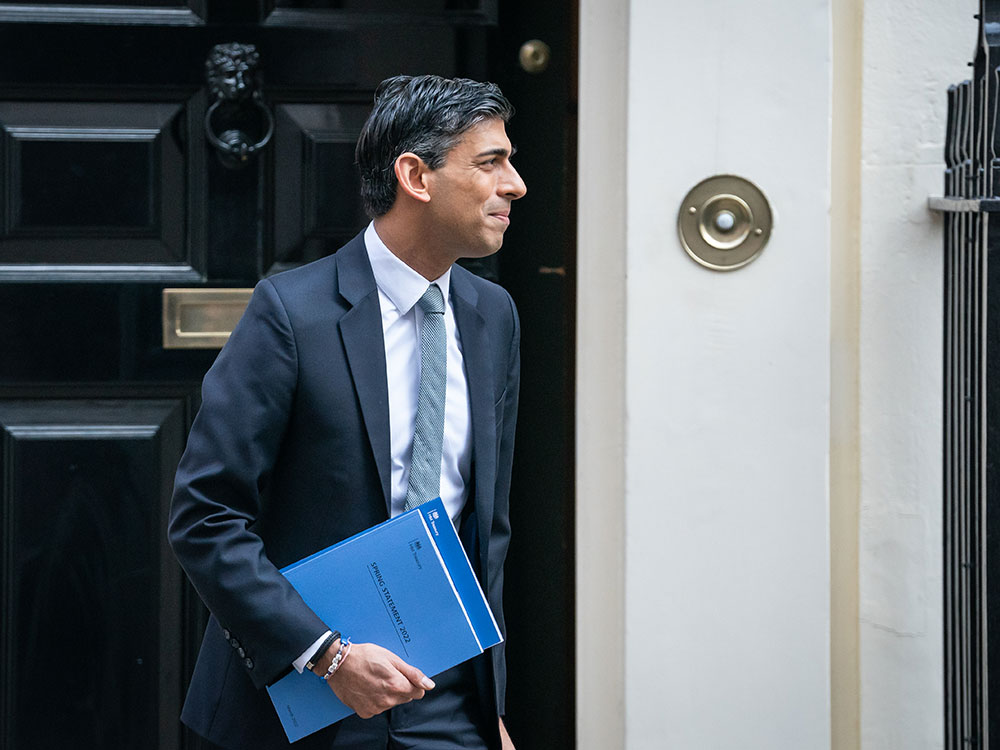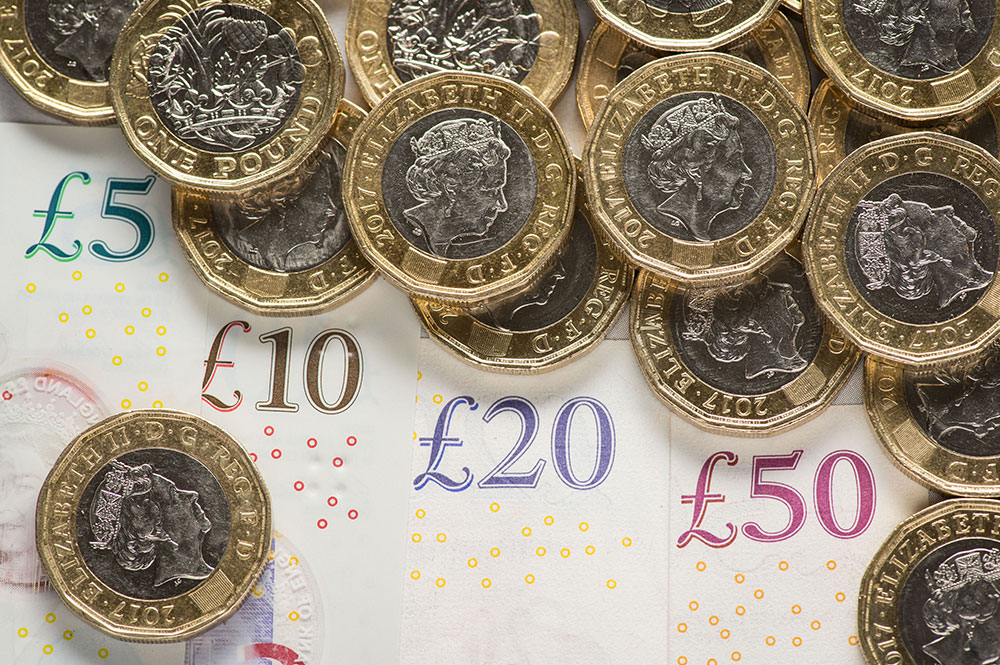
Ask the expert
Stephen Smith is the YorkMix finance and tax expert. He runs TaxAssist York, and has been analysing the measures outlined by Chancellor Rishi Sunak in his spring statement
The Chancellor of the Exchequer has presented his Spring Statement 2022 to the House of Commons, announcing a series of changes he says will help businesses and individuals as the cost of living and inflation soars.
Among the measures announced were cutting fuel duty by 5p per litre, raising the national insurance threshold to £12,570 and increasing the employment allowance to £5,000, which equates to a £1,000 tax cut for approximately half-a-million small businesses, commencing in just two weeks.
Here are the key points, and how they will affect York’s business community.
National Insurance thresholds equalised with income tax
The National Insurance threshold increase was the big surprise announcement in this Spring Statement. The Chancellor announced that the National Insurance Primary Threshold and Lower Profits Limit, for employees and for the self-employed, will increase from £9,880 to £12,570 from July 2022.
More details of what this means for employees, limited company directors and the self-employed here.
Increase to Employment Allowance
From April 2022, the Employment Allowance will rise from £4,000 to £5,000.
If you are eligible, you can reduce your employer Class 1 National Insurance Contributions by a certain amount each tax year.
There’s more about whether you can benefit from this change here.
Contact Stephen
TaxAssist Accountants York
63-65 Heworth Road, Heworth, York, YO31 0AA
01904 414411
Fuel duty cut by 5p per litre
The Chancellor announced a 5p per litre cut in the duty on petrol and diesel. The cut is anticipated to save households and businesses around £2.4bn in 2022/23, with the average car driver saving £100, van driver £200 and haulier £1,500.
Reduction in the basic rate of income tax from 2024
The basic rate of tax will reduce from 20% to 19% from April 2024, according to the Chancellor – providing certain public spending and budget plans are met.
The basic rate of income tax was last reduced in 2008/09 when it fell from 22% to 20%. The reduction was however accompanied by the end of the 10% starting rate of income tax for the first £2,230 of income.
Research and Development tax relief
Following the announcement in the November 2021 Budget that R & D tax relief would be reformed to exclude work carried out overseas on behalf of UK companies, there appears to be some relaxation in the Spring Statement.
It seems some overseas costs will be eligible for relief. It is anticipated the easing will take into account material factors such as geography, environment, population or other conditions which aren’t present in the UK and where regulatory or other legal requirements mean that activities need to take place outside the UK.
The Government plans to legislate ready for implementation from April 2023.
Encouraging business investment
Ahead of April 2023, the Government will be considering reforms to support future business investment, recognising that this is a weakness in the UK and has resulted in lower productivity.
The Government has confirmed that its priority is to ensure that any future support beyond the super-deduction aligns with ensuring tax spending is effectively targeted to support economic growth and to ensure the UK remains a competitive place to invest.
Business rates discounts
In the Autumn Budget in 2021, the Government announced a targeted business rate exemption from April 2023 for businesses making green technology including solar panels and heat pumps, and also full relief for eligible low carbon networks which have their own rates bill.
This relief has now been accelerated to April 2022 and is anticipated to save businesses £35m in 2022/23 and £170m over the next five years to support the Government’s decarbonisation plans for buildings.
Although a business rates reduction of 50% was mentioned by the Chancellor in the Spring Statement for retail, hospitality and leisure businesses with rates bills of up to £110,000 this was previously announced in the Autumn Budget 2021 so confirmation of this came as no surprise.
VAT on energy saving materials
To encourage households to improve energy efficiency and keep their energy costs down, a new 0% VAT rate will be introduced for the installation of energy saving materials, such as solar panels and insulation.
The new rate will apply to domestic installations that take place in the UK (but not Northern Ireland) between 1st April 2022 until 31st March 2027, and will replace the current 5% rate. Complex eligibility conditions for this relief will also be removed, making it available to more households than before.
If you need assistance and advice with your new start-up business, please give us a call on 01904 414411 where we can give you all of your accountancy and tax support that you need.


